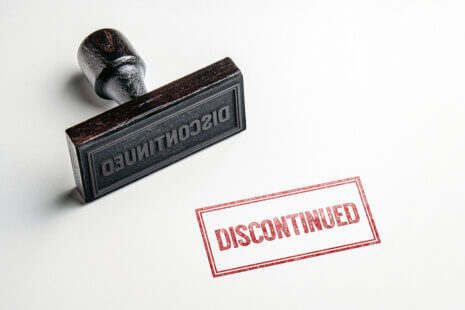Writing off a car for business purposes involves deducting expenses related to the use of the vehicle for business activities.
Here’s a general overview of how to write off your car for business…
- Determine Business Use Percentage – Calculate the percentage of time the vehicle is used for business purposes compared to personal use. This percentage will determine the portion of vehicle expenses that are deductible for business.
- Choose a Deduction Method – There are two primary methods for deducting vehicle expenses: the standard mileage rate method and the actual expenses method. You can choose the method that provides the larger deduction for your situation.
- Standard Mileage Rate – This method allows you to deduct a standard amount for each business mile driven. The standard mileage rate is set annually by the IRS. For example, if the standard mileage rate is 56 cents per mile and you drove 10,000 business miles during the year, your deduction would be $5,600 (10,000 miles * $0.56).
- Actual Expenses Method – With this method, you can deduct the actual expenses associated with using the vehicle for business, such as gas, oil, repairs, insurance, registration fees, depreciation, and lease payments. You’ll need to keep detailed records of all expenses, and you can deduct the business percentage of each expense based on the percentage of business use.
- Keep Detailed Records – Regardless of the deduction method you choose, it’s essential to keep accurate records of your business mileage and expenses. This includes documenting the date, purpose, and mileage for each business trip, as well as retaining receipts and invoices for all vehicle-related expenses.
- Document Business Use – Be prepared to substantiate your business use if audited by the IRS. This may include maintaining a mileage log, appointment schedules, or other documentation that supports the business purpose of your trips.
- Consider Depreciation – If you own the vehicle, you may also be able to deduct depreciation expense as part of your actual expenses deduction. Depreciation allows you to deduct a portion of the vehicle’s cost over time, reflecting its gradual wear and tear and loss of value.
- Consult with a Tax Professional – Tax rules related to vehicle deductions can be complex, and the optimal deduction method may vary depending on your specific circumstances. It’s advisable to consult with a tax professional or accountant to ensure that you’re maximizing your deduction while complying with IRS regulations.
By following these steps and maintaining accurate records, you can effectively write off your car for business purposes and maximize your tax deductions.




